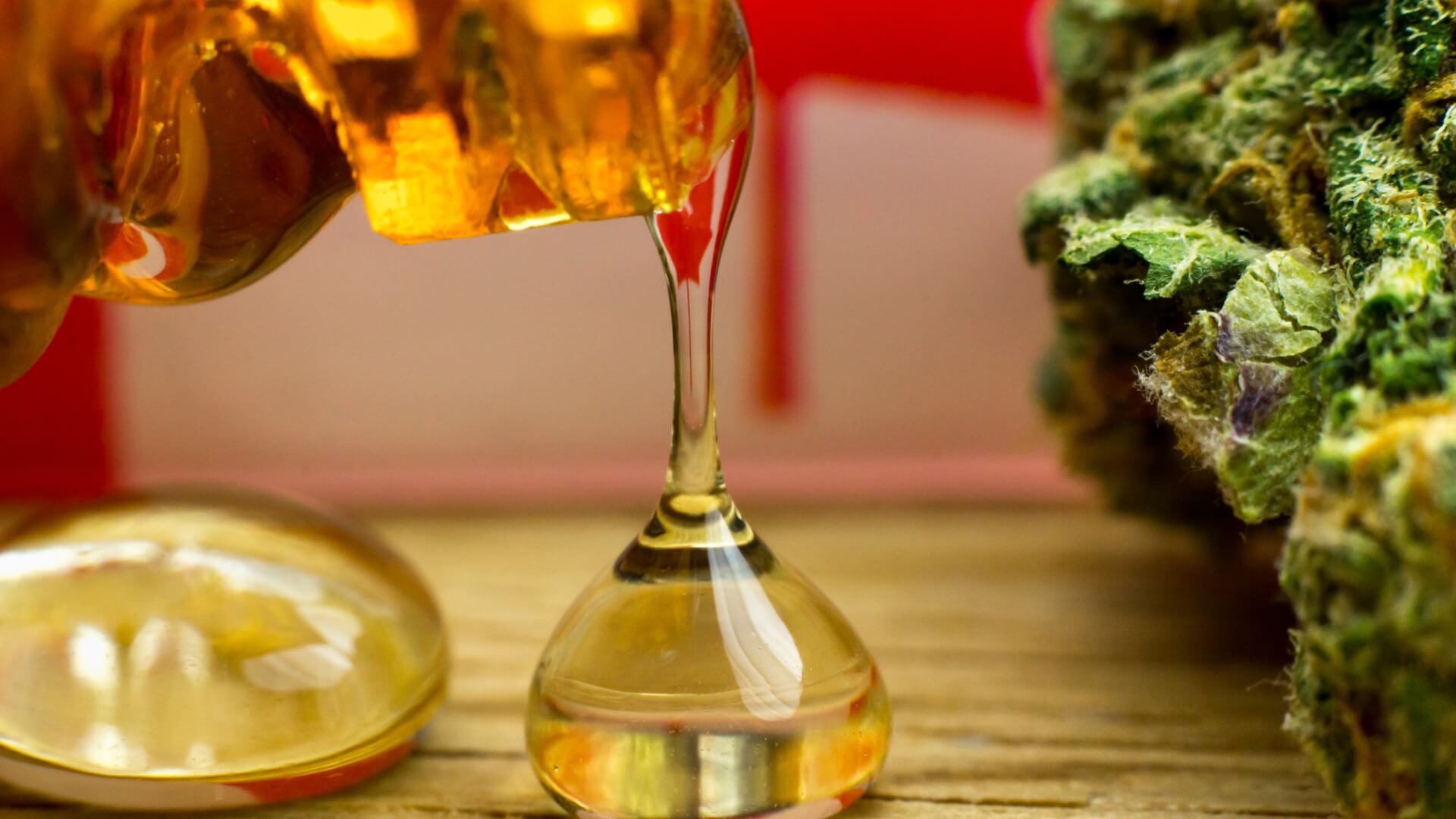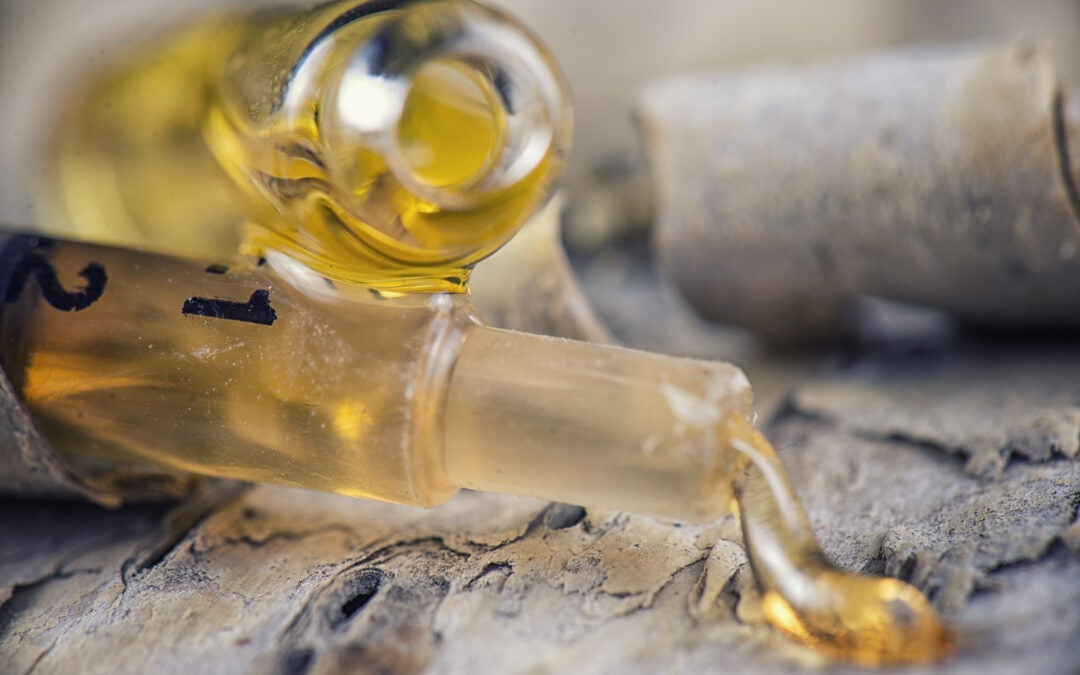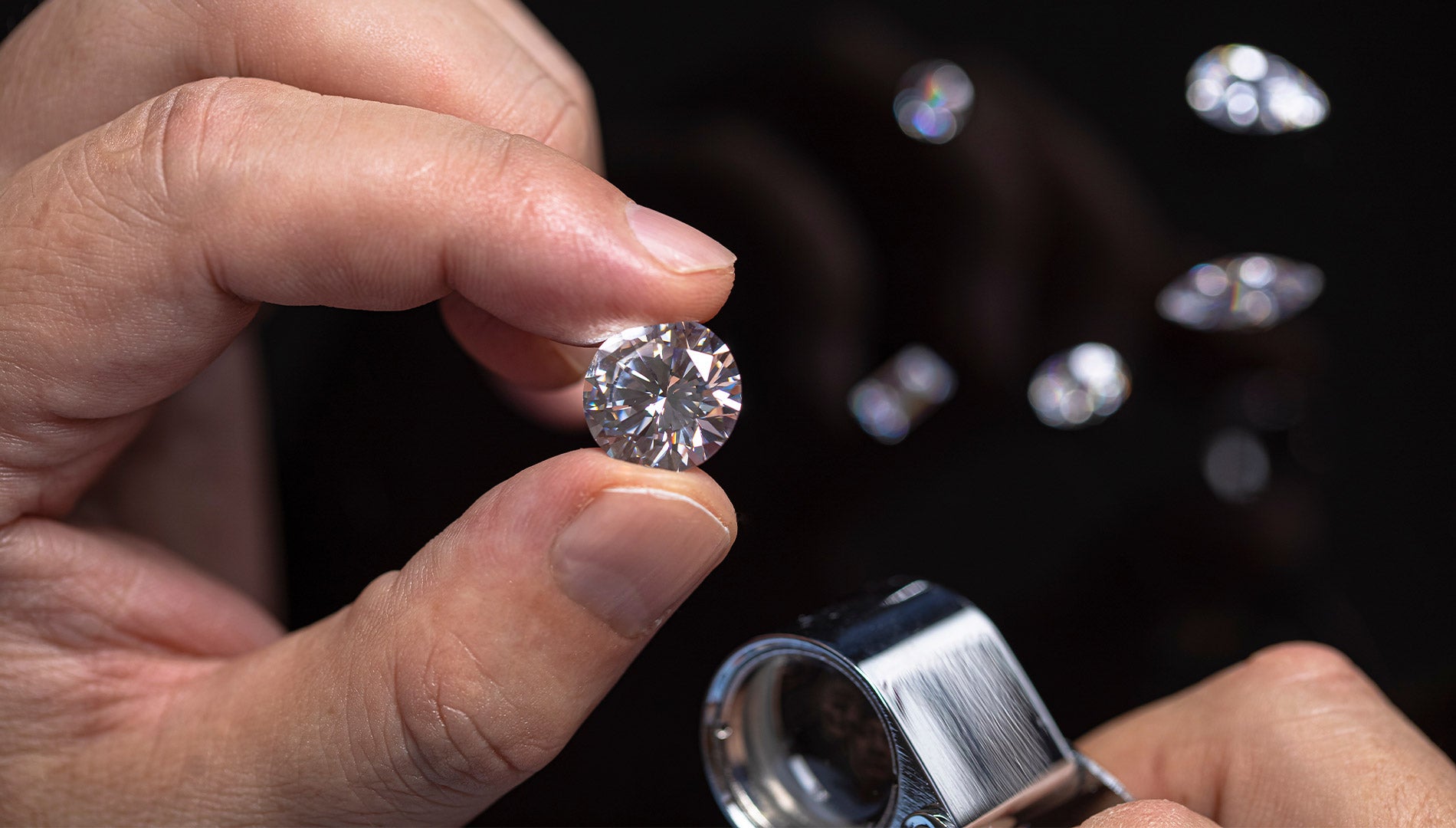Hexahy drocannabinol (HHC) is a derivative of tetrahydrocannabinol (THC). It is available in trace amounts in the hemp plant, Cannabis Sativa. HHC was created in the 1940s by an American chemist called Roger Adams. He noticed the presence of HHC when he added hydrogen molecules to Delta-9 THC.
HHC is under the THC family, though it is not widely known among cannabis consumers. It is a minor cannabinoid that occurs naturally. However, its production is in insignificant amounts. Modifying the chemical structures of cannabinoids can change their form. Commercial HHC is processed chemically in the lab from CBD.
After discovering HHC in 1940, HHC was made by a simples process known as hydrogenation. Hydrogenation is a chemical process used in converting vegetable oil into margarine. Due to its commercialization, it is now gotten from a hemp-based plant with a low amount of THC. THC is exposed to high pressure, and a metallic catalyst is added. It is removed once hydrogenation is complete.
What is HHC distillate?
HHC distillate is a phytocannabinoid rooted out from CBD isolate. The CBD isolate is one derived from the hemp flower. The distillate is carried out in the lab to prevent harsh exothermic reactions. Since HHC is extracted by hydrogenation, it is more stable during degradation. The distillation process is carried out on HHC to produce a more purified substrate of HHC. For the above reason, HHC distillate can get consumers high.
For now, the potency of HHC is still under research. However, it is considered 80% potent as delta 9 THC. The uncertainty of its strength is that when HHC is produced, two molecules of the same HHC are conjured up. They are 9S HHC and 9R HHC molecules.
The endocannabinoid system is not entirely prevalent here. 9S HHC molecule does not interact well with the CB1 receptor in the brain. The second HHC molecule, 9R HHC, interacts and binds to the CB1 receptor. The second molecule also binds to delta-9 THC. The endocannabinoid system is functional here. You can find HHC distillate at www.stateofmindlabs.com/store/HHC-Distillate-p428697558.
Benefits of HHC distillate
Enhances Euphoric feeling
Consumers of HHC report always having a high feeling of euphoria and sensation. However, this increases heartbeat and body temperature. Due to the ‘high’ feeling it produces, it can alter optical and auditory pathways. Suppose you feel lightheaded, don’t engage in any activity.
Relaxes Body and Mind
HHC distillate relaxes the nerves and body system; It produces a calm feeling with each dose. This effect significantly reduces anxiety and panic attacks. Hydrogenation makes HHC less prone to damage caused by thermal heat and UV rays.
These factors can dilapidate the chemical structure of HHC and reduce its potency. Its mild strength helps to promote anxiolytic properties. It is anxiety-reducing cannabis.
Reduces Nausea and Vomiting
HHC distillate reduces nausea and feeling if irritation persists. It is known for curing morning sickness relating to patients undergoing chemotherapy. Though it is tasteless, it helps to avert the nauseating sensation.
Decreases Inflammation
HHC distillate reduces inflammation in certain diseases, like edema and other neurological disorders. It also subsides the pain associated with the swelling.
Conclusion
HHC distillate is a mild and pure derivative of THC. People who may be allergic or have a low tolerance for THC should use HHC distillate instead. For newbies, it is best to use 3-5mg first to observe its effect on the body.
HHC distillate helps to improve sleep and other beneficial effects. It is a naturally occurring phytocannabinoid, so it is entirely safe with mild to no adverse effects.








